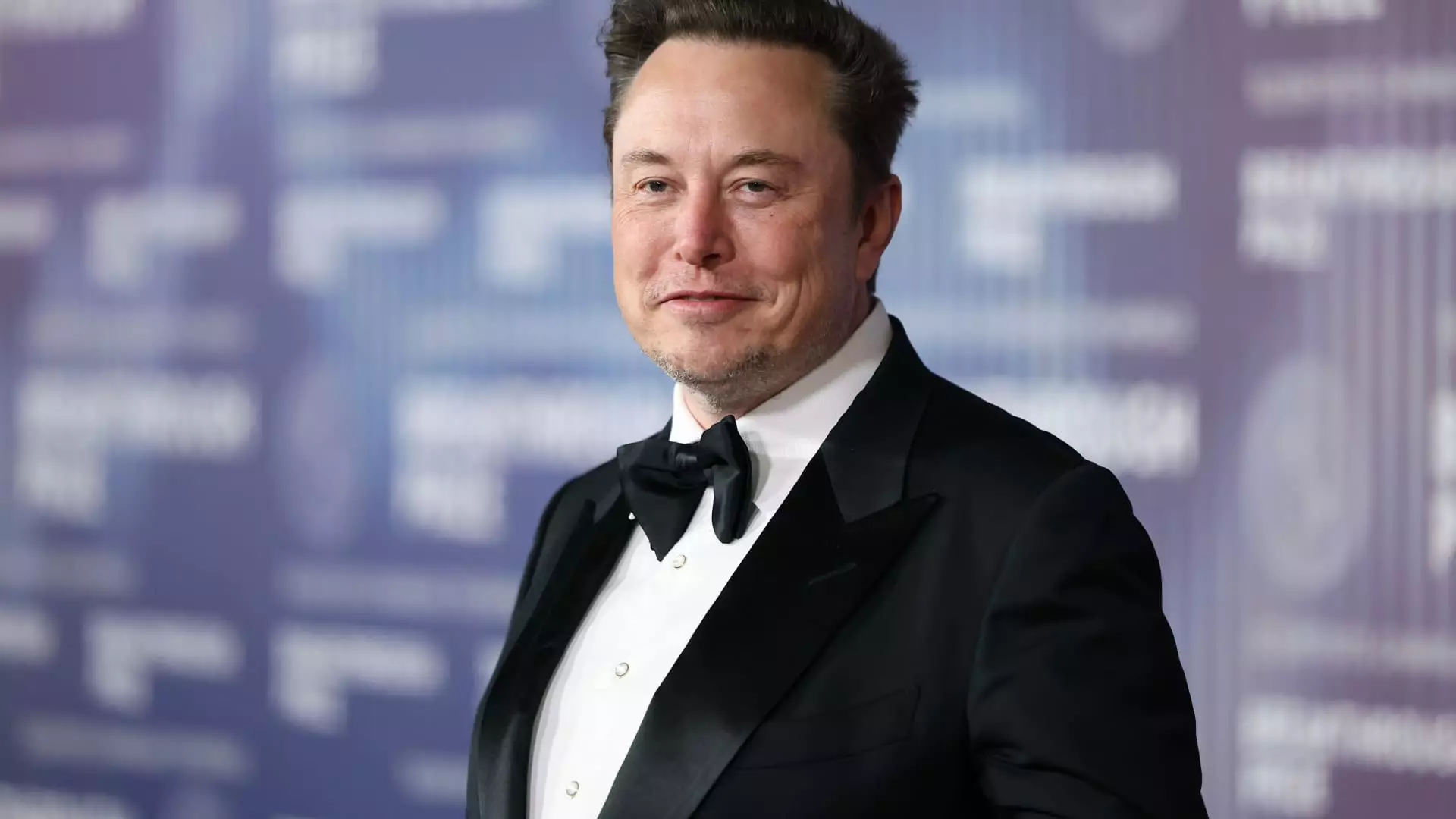As President-elect Donald Trump prepares to form his cabinet for his second administration, the spotlight on the Treasury Secretary role has intensified. This is a pivotal position that significantly impacts economic policy and financial regulation in the United States. With Trump yet to announce a nominee, commentators and industry leaders anxiously await clarification on who will lead this crucial department.
Recently, billionaire entrepreneur Elon Musk took to social media platform X to express his endorsement for Howard Lutnick, the CEO of Cantor Fitzgerald and a co-chair of Trump’s transition team. Musk described Lutnick as someone who would “actually enact change,” thereby implying that Lutnick possesses the dynamic leadership needed to steer the Treasury Department away from stagnation. This endorsement carries weight, considering Musk’s stature in the technology and business sectors. His views often spark discussions that reverberate through financial and political circles.
In contrast to Lutnick, Musk expressed skepticism toward Scott Bessent, the founder of Key Square Group. While Bessent is speculated to be a front-runner for the role, Musk categorized him as a “business-as-usual” choice, suggesting that maintaining the status quo could lead to further economic troubles. Musk’s stance is particularly provocative as it highlights a critical view on conventional approaches to economic policy, urging the need for transformative leadership to avert a decline in the nation’s financial health.
The ties that Lutnick and Bessent have to Trump are noteworthy. Lutnick’s longstanding relationship with the former president—as a friend and fundraiser—suggests a level of trust and shared vision, which could be instrumental in implementing supportive financial policies. Furthermore, Lutnick’s active role in reviewing potential cabinet candidates indicates that he is already positioned as a significant advisor in the transition process.
Conversely, Bessent’s backing by Republican Senator Lindsey Graham adds another layer to his candidacy. Graham, voicing confidence in Bessent’s qualifications, aims to align the choice with broader party consensus. However, it raises questions about whether a more traditional approach will adequately address the pressing economic challenges that the country faces today.
Musk’s call for broader public discourse regarding the Treasury Secretary appointment is particularly relevant in an era where transparency and public engagement are valued more than ever. By asking for input on the selection process, Musk not only demonstrates his commitment to democratic debate but also stirs interest among everyday citizens and investors about the importance of leadership in economic governance.
With Trump’s spokesperson reinforcing that no decisions have been made on the Treasury post, it remains to be seen how the situation will evolve. As the deadline for nominations approaches, the pressure mounts for the president-elect to make a choice that aligns with the expectations of not only his supporters but also influential voices in the business world like Musk. The outcome will undoubtedly shape the economic landscape for years to come.
Musk’s endorsements highlight a pivotal moment in American politics where innovation and tradition collide, and the future of the Treasury Department hangs in the balance.

